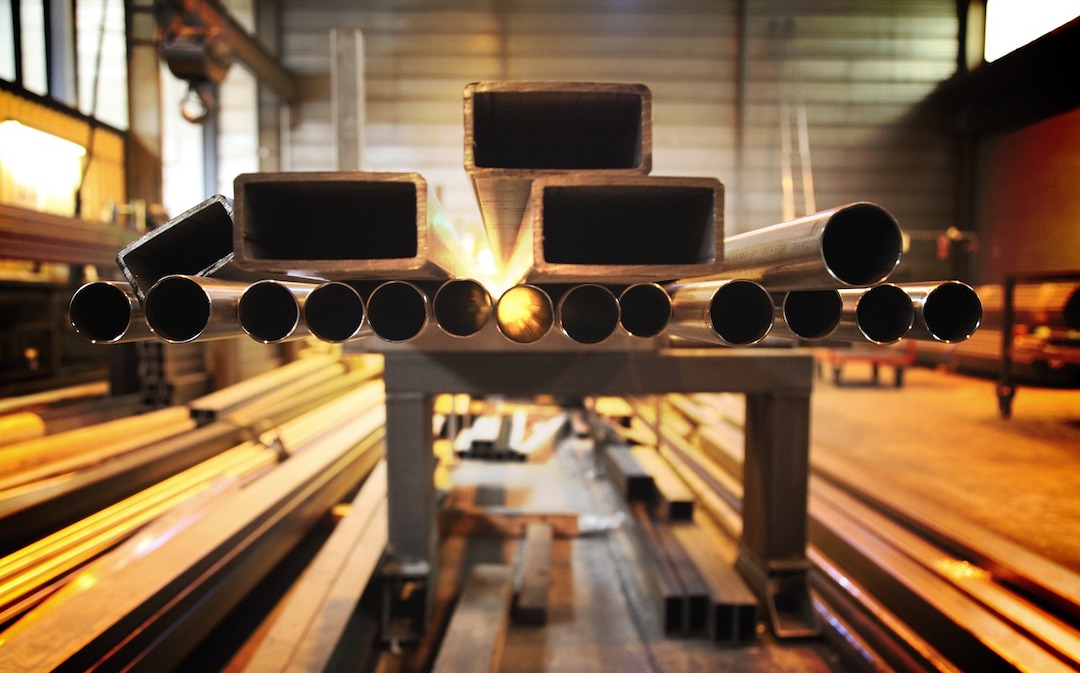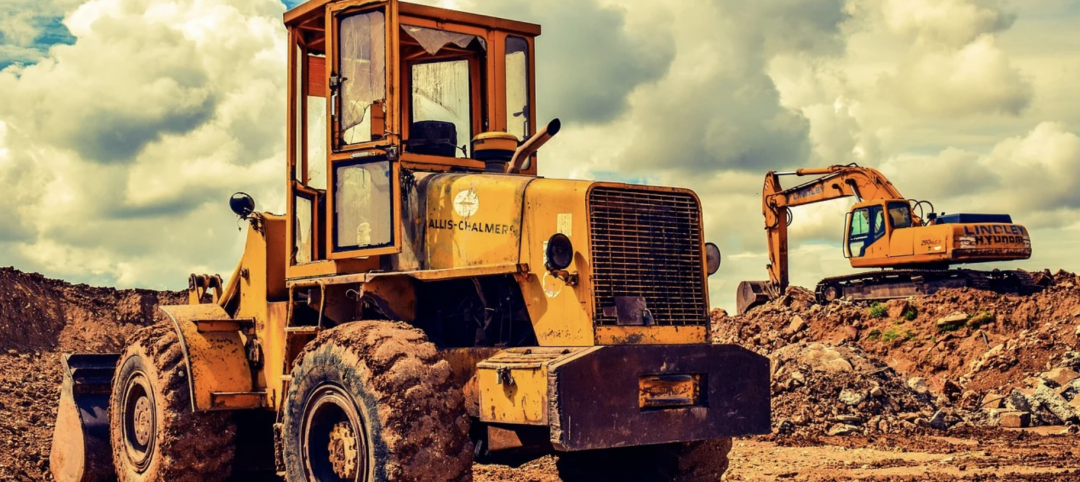The American Institute of Steel Construction (AISC) recently issued a draft of AISC 341, a standard that provides guidance on designing earthquake-resistant steel buildings and it is available for public comments.
The draft standard incorporates new design limits for steel columns based on research conducted by the National Institute of Standards and Technology (NIST) and the University of California San Diego. Using a shake table, researchers identified deficiencies in the performance of a certain type of column, with many test assemblies buckling prematurely.
Based on the findings, the researchers devised new limits for the cross-sectional slenderness of steel columns. “A lot of current design provisions are based on scaled-down column tests or a very small number of full-scale tests,” said NIST structural engineer John Harris in a news release. “But the full-scale testing we conducted has allowed us to begin filling in the knowledge gap regarding the performance of these kinds of columns under extreme loading conditions.”
The draft includes new slenderness limits on columns, with structural steel webs—sized according to the new limit—that could meet drift and stability requirements at the same time. The more stringent limits on steel column webs could soften the blow of earthquakes, potentially saving newly designed buildings from unnecessary damage or partial collapse.
Related Stories
Codes and Standards | Feb 2, 2022
Public works contracting reform advances in New York State
Governor signs bill to form advisory council that will propose policy changes.
Codes and Standards | Feb 2, 2022
Commercial and multifamily construction starts rebounded in 2021
Following COVID uncertainty in 2020, the industry recovered, but still lags 2019 levels.
Codes and Standards | Feb 1, 2022
Biden Administration launches state, local coalition to boost building performance standards
Will focus on energy efficiency and electrification across the buildings sector.
Codes and Standards | Jan 26, 2022
Downtown digital twin to aid Las Vegas in setting policy priorities
Will be used to address energy use, emissions, traffic, parking, noise, and emergency management.
Codes and Standards | Jan 25, 2022
Modeling tool helps compare options for HVAC systems when little known about a building
Compares projected costs and energy usage for all HVAC systems and hot water consumption.
Codes and Standards | Jan 25, 2022
Critics slam proposed revamp of California’s solar net energy metering rate
Could make rooftop solar panels unaffordable for most customers.
Sponsored | Resiliency | Jan 24, 2022
Norshield Products Fortify Critical NYC Infrastructure
New York City has two very large buildings dedicated to answering the 911 calls of its five boroughs. With more than 11 million emergency calls annually, it makes perfect sense. The second of these buildings, the Public Safety Answering Center II (PSAC II) is located on a nine-acre parcel of land in the Bronx. It’s an imposing 450,000 square-foot structure—a 240-foot-wide by 240-foot-tall cube. The gleaming aluminum cube risesthe equivalent of 24 stories from behind a grassy berm, projecting the unlikely impression that it might actually be floating. Like most visually striking structures, the building has drawn as much scorn as it has admiration.
Sponsored | Resiliency | Jan 24, 2022
Blast Hazard Mitigation: Building Openings for Greater Safety and Security
Codes and Standards | Jan 24, 2022
N.Y. governor calls for ban on natural gas in new buildings
Action follows New York City’s ban.
Codes and Standards | Jan 19, 2022
EPA may expand product lineup that can earn WaterSense label
Would include systems that enhance water quality at the tap.

















